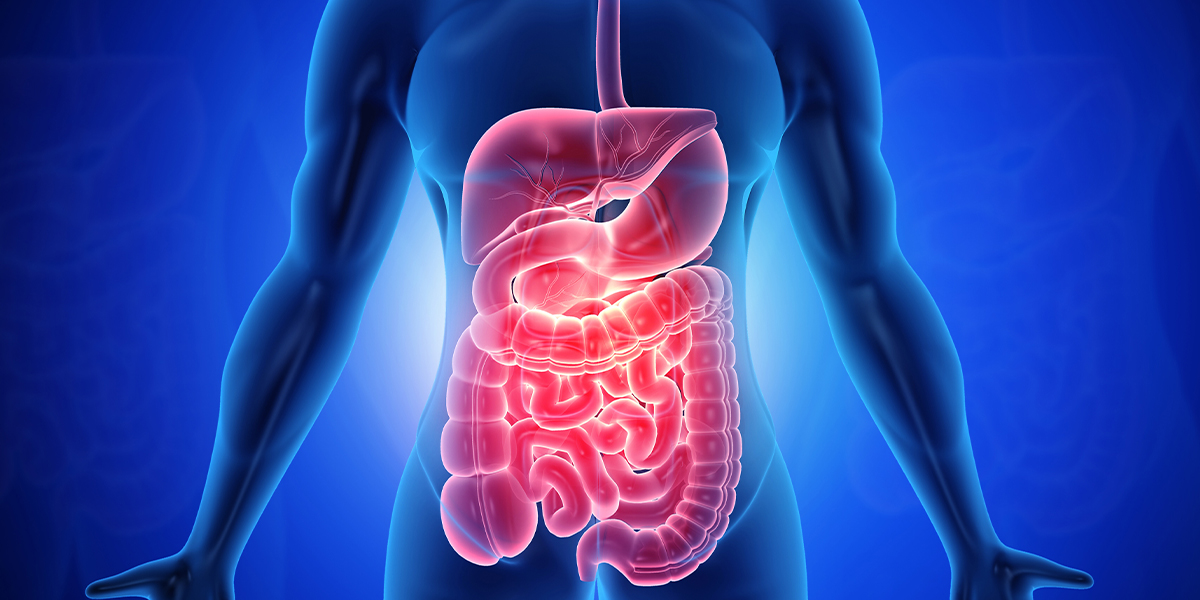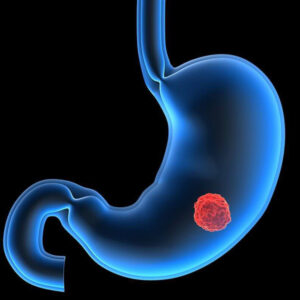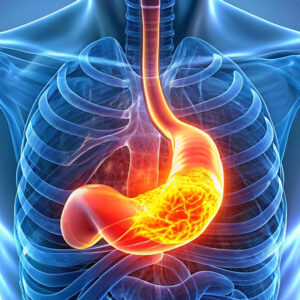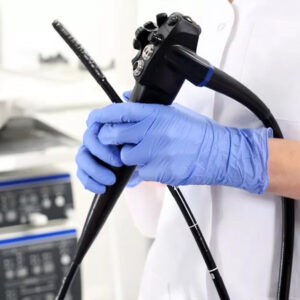
Oncological Surgery Istanbul
Oncological surgery Istanbul is a medical field that encompasses surgical procedures used in the diagnosis, staging, and treatment of cancerous tumors. In this article, we will generally discuss oncological surgical applications used in the treatment process of gastrointestinal cancers.
Applications used within the scope of oncological surgery enable many cancer diseases to be successfully diagnosed and treated today. Thanks to these applications, cancerous tissues can be definitively diagnosed, the progression status and stage of cancer can be determined, and a treatment plan specific to the cancer stage and the individual’s general health condition can be implemented. In the continuation of our article, we will answer frequently asked questions such as “What is oncological surgery?”, “How is oncological surgery performed?”, “What are the symptoms of gastrointestinal cancer?” and “What are gastrointestinal cancers?”. You can examine the rest of our article to get detailed information about oncological surgery in Istanbul.
What is Oncological Surgery?
Oncological surgery is a medical field that contains special surgical applications for the diagnosis and treatment process of cancer diseases. Oncological surgery is also divided into various fields within itself. The oncology field that deals with the diagnosis and treatment process of cancer diseases affecting the digestive system is called gastrointestinal oncology.
What is Gastrointestinal Oncology?
Gastrointestinal oncology is a medical field that deals with the diagnosis, follow-up, and treatment process of cancer diseases affecting digestive system organs and tissues. Among these tissues and organs are the esophagus, stomach, small intestine, large intestine, rectum, pancreas, and gallbladder.
In the field of gastrointestinal oncology, related cancer diseases can be treated with medical applications such as drug therapy, chemotherapy, and radiotherapy and/or surgical operations. Especially gastrointestinal cancer diseases detected in early stages can be successfully treated with oncological surgical operations planned specifically for the individual. Thus, the individual’s lifespan can be extended, quality of life can be improved, and it may be possible to completely cure cancer thanks to early treatment.
What are Gastrointestinal Cancers?
Gastrointestinal cancers are cancer diseases that develop in the tissues and organs that make up the digestive system. The most common among these cancers are:
- Stomach cancer.
- Esophageal cancer.
- Large intestine cancer (colon cancer).
- Rectal cancer.
- Pancreatic cancer.
- Liver cancer.
In addition to these, there are also rarer gastrointestinal cancer diseases such as peritoneal cancer (peritoneal membrane cancer) and GIST (gastrointestinal stromal tumors).
What Causes Gastrointestinal Cancers?
Many different factors can play a role simultaneously in the emergence of gastrointestinal cancers. Factors that can cause gastrointestinal cancers include:
- Unhealthy nutrition.
- Consuming large amounts of red meat regularly.
- Frequent and regular consumption of processed, unhealthy foods.
- Genetic predisposition. Especially individuals with a family history of gastrointestinal cancer may be at greater risk for the related cancer disease.
- Chronic inflammatory bowel diseases (such as Crohn’s disease and ulcerative colitis).
- Helicobacter pylori infection increases stomach cancer risk, while hepatitis B and C infections can increase liver cancer risk.
- Being obese and having a sedentary lifestyle.
- Immune system diseases.
- Exposure to carcinogenic substances, radiation, and various chemicals.
The mentioned factors can cause gastrointestinal cancers.
What Symptoms Do Gastrointestinal Cancers Cause?
Like all diseases, gastrointestinal cancers can cause different complaints according to their types, the individual’s condition of being affected, their stages, etc. However, since gastrointestinal cancers are diseases that affect the digestive system, they may have common symptoms such as:
- Pain sensation in the abdominal and intestinal areas.
- Bloating.
- Unexplained weight loss.
- Anemia.
- Bleeding and seeing blood in stool.
- Nausea.
However, the following symptoms are more commonly seen in related cancer diseases:
- Loss of appetite, nausea, and vomiting symptoms usually in stomach and pancreatic cancer.
- Symptoms such as blood in stool, bleeding, black stool (as a result of blood digestion) in rectal and colon cancers.
- Pain during eating and difficulty swallowing in esophageal cancer.
- Palpable hardness and swelling in the abdomen in liver cancer.
- Jaundice in pancreatic and gallbladder cancers.
Gastrointestinal cancers are generally insidious diseases that do not cause symptoms in early stages. Therefore, it is very important for individuals in the risk group not to neglect regular follow-up and control applications. Because, as with all cancer diseases, early diagnosis and early treatment are very important in gastrointestinal cancer diseases.
How Long Does Oncological Surgery Take?
The duration of oncological surgery can vary depending on factors such as the type, location, and extent of the tumor. Colorectal surgery usually takes 2-4 hours, while more complex operations such as esophageal or pancreatic surgery can take longer. Gallbladder surgery is usually completed within 1-2 hours, while stomach cancer surgery is completed within 3 to 5 hours.
Minimally invasive methods (such as laparoscopy) generally take shorter time compared to open surgery.
How is Oncological Surgery Performed?
Oncological surgery for gastrointestinal cancers can be performed with open or closed (laparoscopic, robotic, etc.) surgical methods. These operations are performed under general anesthesia, and patients do not experience pain during the operation.
During the operation, the surgeon aims to completely remove the cancerous tissue along with the surrounding healthy tissues. If the cancer has spread to lymph nodes, these nodes are also removed with an application called lymph node dissection.
Bleeding and complications are controlled during the operation; if necessary, reconstruction is performed immediately after surgery. In some cases, depending on the location of the tumor and the amount of tissue removed with the tumor, it may be necessary to make changes in intestinal or gastric connections. The surgeon may use additional tests or imaging methods to evaluate the spread of cancer during surgery.
In the surgical treatment of gastrointestinal cancers, applications such as Hyperthermic Intraperitoneal Chemotherapy (HIPEC) can also be used in addition to surgical operations performed to remove tumors. To get detailed information about the subject, you can examine our content titled Hyperthermic Intraperitoneal Chemotherapy (HIPEC) on our website.
What Should Be Considered After Oncological Surgery?
Things to consider after oncological surgery include:
- Care and cleanliness of the surgical area should be given importance.
- The patient should have a healthy diet appropriate to the details of the operation they underwent.
- Challenging and tiring sports activities should be avoided, especially in the first weeks of the healing process.
- Medications prescribed by the doctor should be used without interruption for the recommended period. Dose changes should not be made without doctor’s recommendation.
- If applications such as chemotherapy and radiotherapy are planned to accompany surgical treatment, the patient should definitely not neglect these applications.
- Regular doctor checkups should not be neglected.
Things to consider after oncological surgery in gastrointestinal cancers can be listed in this way.
Istanbul oncological surgery prices may vary according to the type of disease treated, the scope and details of the surgery.














